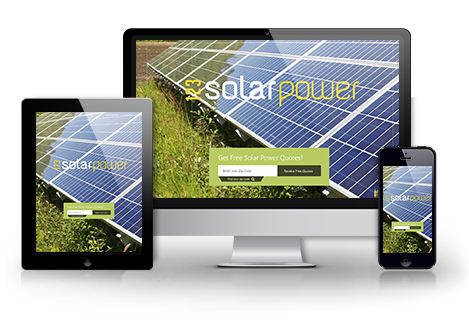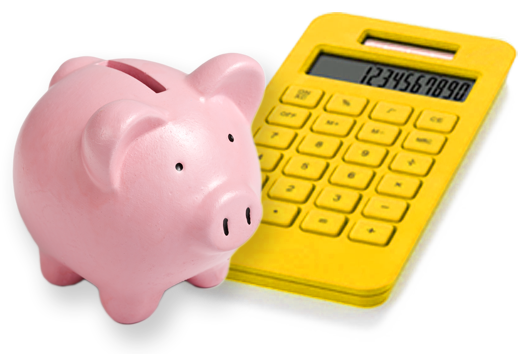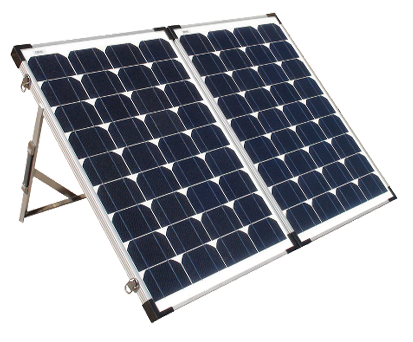North Dakota Incentives
123SolarPower provides renewable solar energy solutions to all residents of the US and Canada. With a huge network of solar energy partners numbering in the hundreds, we give homeowners in even the remotest of areas the tools to go solar. When you think solar panels North Dakota, think 123SolarPower North Dakota.
North Dakota, a large state with a population of less than 700,000, is ranked 46th in the nation for energy consumption. In contrast, the per capita usage per household is very high due to the extremely cold temperatures. Despite most of its electrical power being derived from coal, North Dakota does have in place a renewable portfolio standard. The Residential Program and Services strives to produce 10 percent of the states energy from renewable energy by 2015. Residential solar panels North Dakota is how the state plans to meet this goal. In particular the goal will be met via a net metering policy for all publicly owned utilities. This policy makes solar electricity produced by residential solar systems valuable because the system owners sell their excess solar electricity back to their utility provider who in turn counts it towards their over all renewable energy production. In some cases homeowners make money by having a residential solar panel ND array.
A Solar State on the Move
With vast amounts of open land, North Dakota originally relied mostly on the development of wind power to achieve renewable energy production goals. That trend has radically changed in recent years. In 2011, North Dakota installed 54 megawatts of solar power, more than twice the 20 megawatts installed in 2010. The state has risen to the fourth highest in the nation for solar output according to the Solar Energy Industries Association. The fact that many residents have large unused parcels of land allows individual solar farms to be constructed at ground level rather than on the roof. These can be much larger, providing a high kWh generation. Net metering in the state is capped at 100 KW for a residence which is quite high compared to other states. Utilities are required to credit all excess power created by an installed photovoltaic system. The overage is reconciled with the customer monthly. Some utilities provide Renewable Energy Certificates in addition to credits.
The potential for solar power as a major source of renewable energy in North Dakota is great. Despite cold temperatures in winter, there is plenty of sunlight as is the case with most of the Midwest. Solar power relies on the conversion of photons by semi-conductor cells of silicon, which are unaffected by temperatures. Knowing that solar power is a viable option combined with all the savings available, there has never been a better time to buy solar panels North Dakota.
Tax Advantages
In addition to the incentive provided by net metering, there are also tax advantages at both the state and federal level. A 100% state increased property value tax exemption is in place for renewable energy installations over five years. This means that regardless of the increase in property value due to a renewable energy improvement, property taxes are unaffected for up to five years after the installation.
The federal Energy Policy Act of 2005 is also available to all solar panel installation North Dakota on residential property and applicable to all photovoltaic technology (solar panels). The credit, which is worth up to 30% of the cost of the installation, is obtained by filing form 5695 along with the standard 1040 income tax form.
Help For All North Dakota Residents
The fact that there are many different wattages and brands of photovoltaic modules available, along with different inverters and mounting systems, makes calculating and selecting the right system challenging for the average homeowner. Fortunately, residents of North Dakota have local experts available through 123SolarPower to make determining the proper system and savings easy. Simply fill out the contact form on this website and a solar pro will be in touch with you shortly with a custom analysis. If you prefer you may call at 800-294-2397 to speak directly to a representative. When it comes to solar panels for sale North Dakota knows 123SolarPower is looking to find homeowners the best deals. Interested? We can provide you with free competitive pricing from local solar providers when you provide us with details about your solar project.





